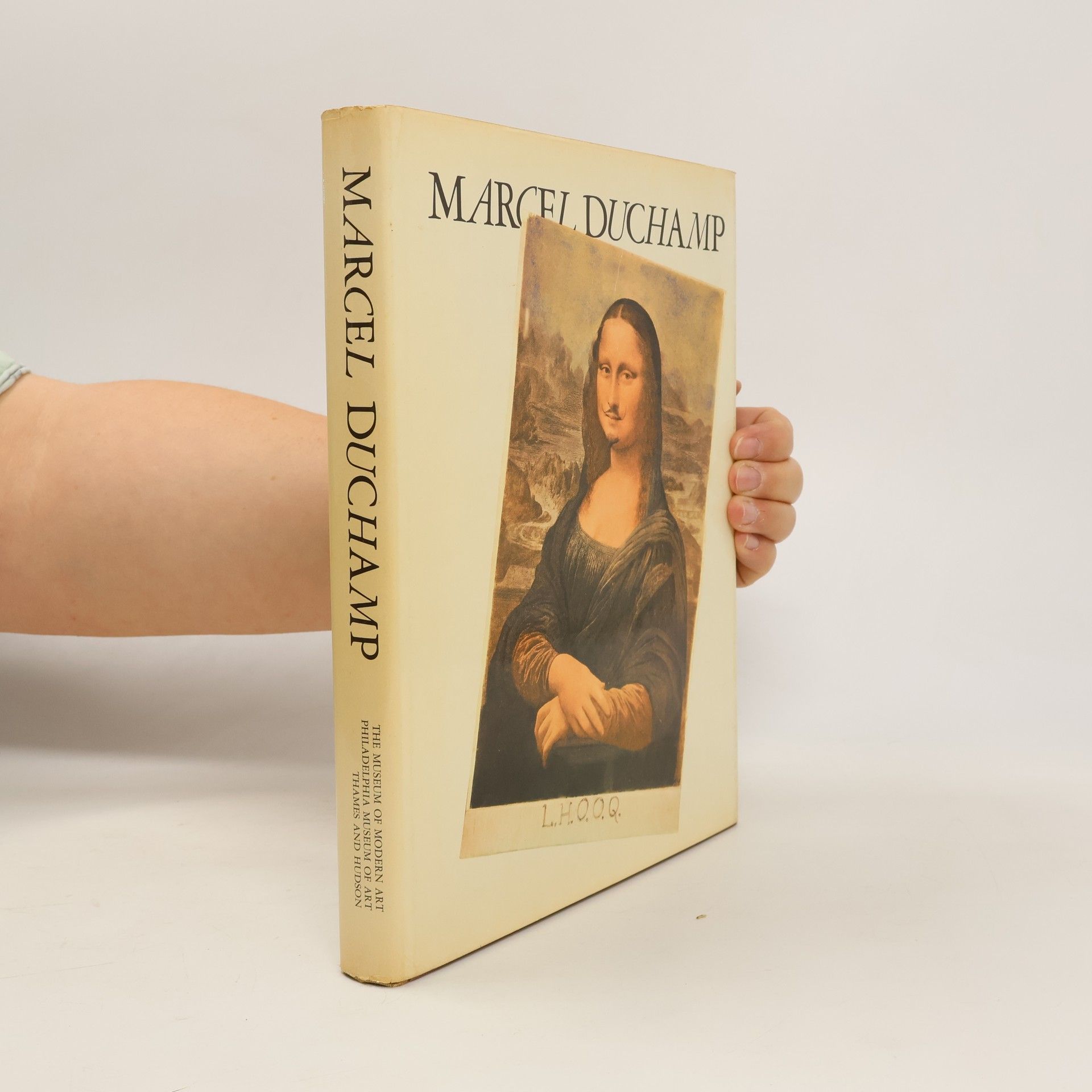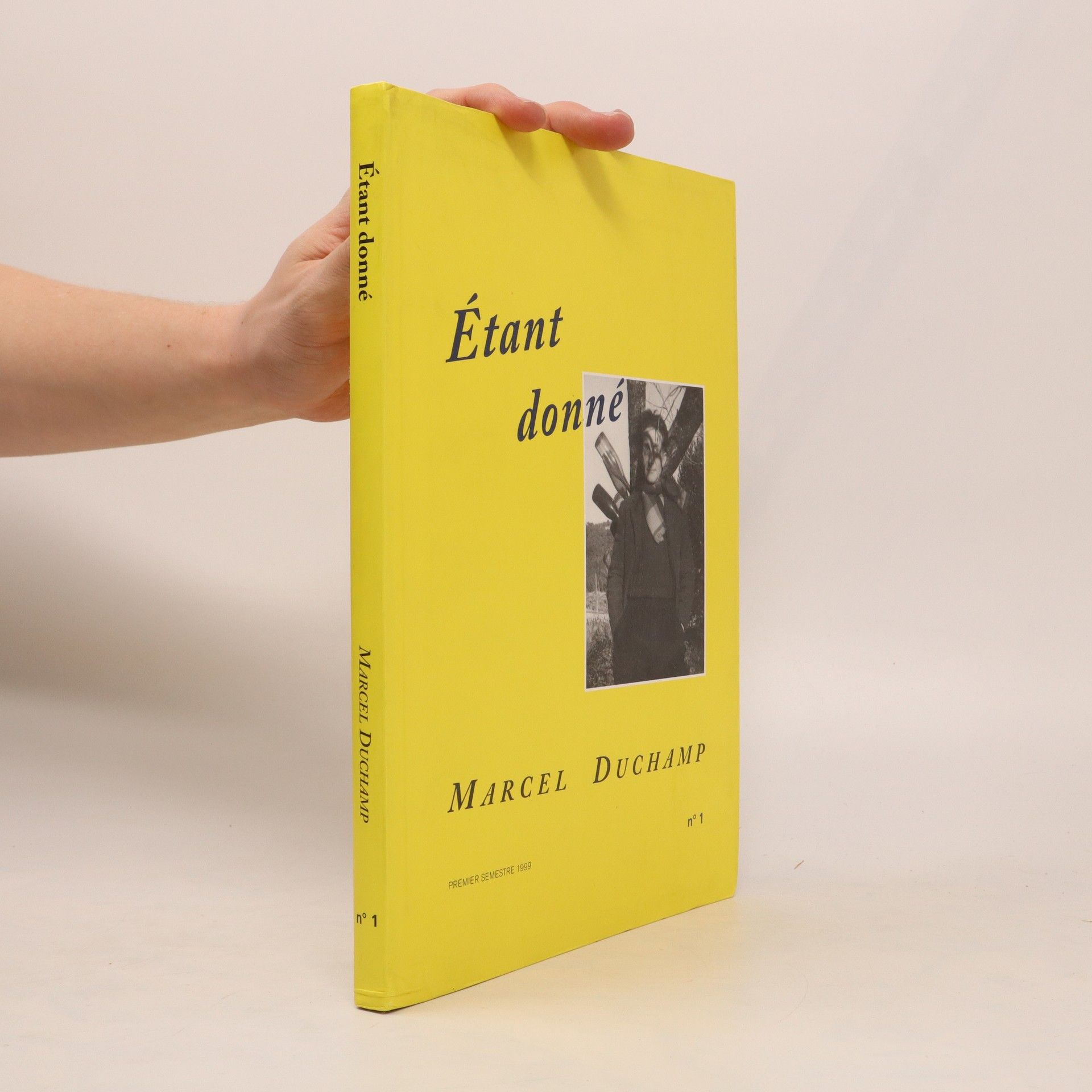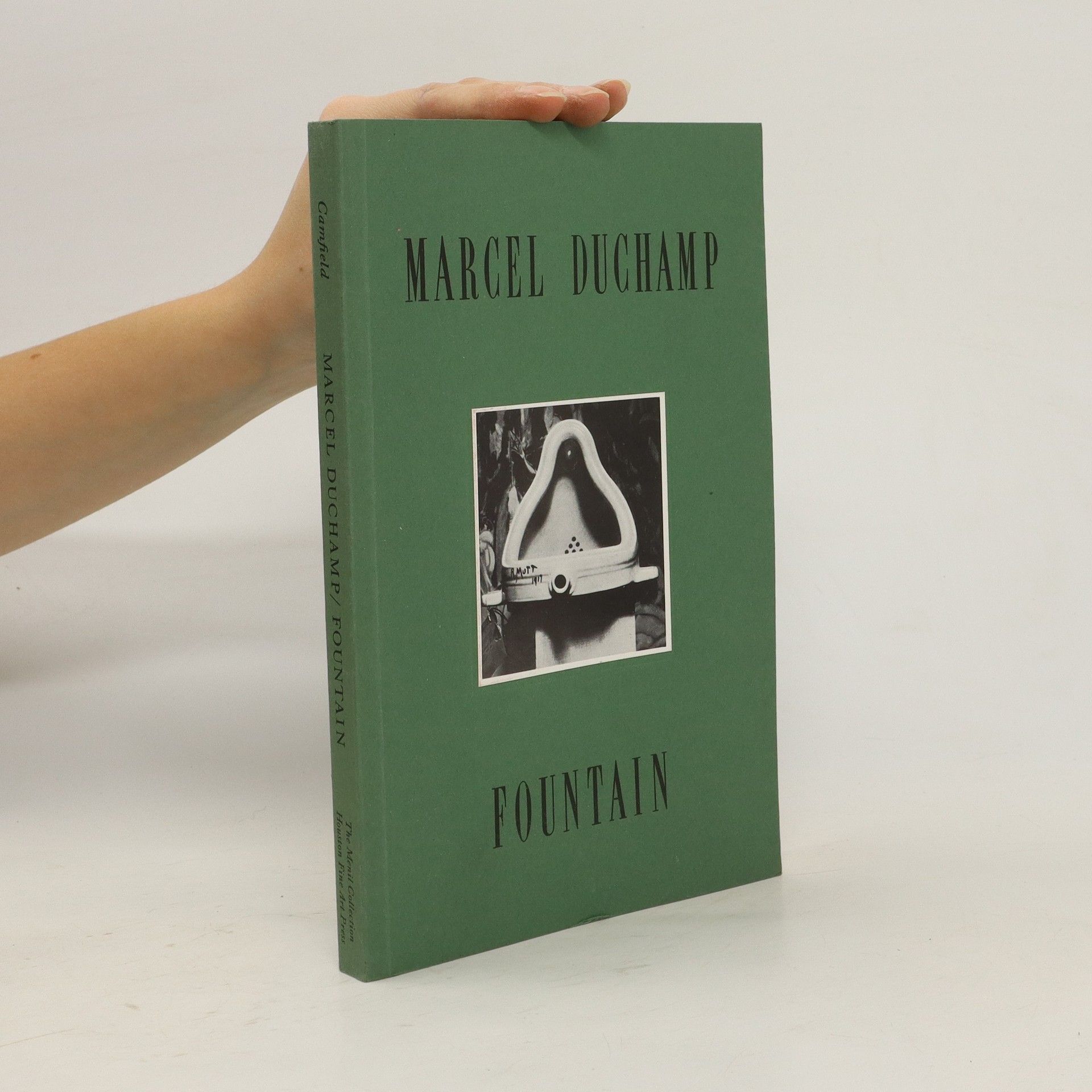Marcel Duchamp Livres
Marcel Duchamp était un artiste français dont l'œuvre et les idées ont profondément influencé le développement de l'art occidental après la Première Guerre mondiale. Ses conseils aux collectionneurs d'art moderne ont contribué à façonner les goûts du monde de l'art occidental. Connu pour sa nature ludique, Duchamp a suscité la réflexion sur les processus artistiques et le marketing de l'art par ses actions, comme la désignation d'un urinoir comme œuvre d'art intitulée Fountain. Bien qu'associé au Dadaïsme et au Surréalisme, son véritable message artistique et philosophique reste intentionnellement mystérieux, Duchamp lui-même trouvant un intérêt dans les interprétations en tant qu'actes créatifs.







Marcel Duchamp (Französisch)
MMK Museum für Moderne Kunst, Frankfurt
Dank Marcel Duchamp wissen wir, dass alles zu Kunst werden kann und dem Denken hier keine Grenze gesetzt ist. Die erste umfassende Ausstellung seit zwei Jahrzehnten zeigt Duchamps Werke aus allen Schaffensphasen der Jahre 1902 bis 1968 zeigt. Über sein Frühwerk postimpressionistischer Gemälde, seine Karikaturen und Auseinandersetzung mit dem Kubismus bis zu seinen ikonischen Readymakes offenbart sich das Denken Duchamps. Er schuf mit einer ihm eigenen beharrlichen Genauigkeit und eigensinniger Anarchie Werke, die erst durch uns als Betrachtende ihre Vollendung finden. So verändert sich das Werk mit uns und in der Zeit.
Chefs-d'œuvre ?
- 570pages
- 20 heures de lecture
Chefs d'uvre L'exposition d'ouverture du centre Pompidou-Metz.
In the twenties, Surrealists proclaimed that words had stopped playing around and had begun to make love. Nowhere is this more apparent than in the writings of Marcel Duchamp, who fashioned some of the more joyous and ingenious couplings and uncouplings in modern art. This collection beings together two essential interviews and two statements about his art that underscore the serious side of Duchamp. But most of the book is made up of his experimental writings, which he called ”Texticles,” the long and extraordinary notes he wrote for The Bride Stripped Bare By Her Bachelors, Eben (also known as The Large Glass), and the outrageous puns and alter-ego he constructed for his female self, Rrose Sélavy (”Eros, c’est la vie” or arouser la vie”drink it up”; celebrate life”). Wacky, perverse, deliberately frustrating, these entertaining notes are basic for understanding one of the twentieth century’s most provocative artists, a figure whose influence on the contemporary scene has never been stronger.
Marcel Duchamp (1887-1968) n'a peut-être pas inventé la roue, mais il a découvert le ready-made. Un porte-bouteilles n'est sans doute qu'un porte-bouteilles mais, signé Duchamp, c'est surtout l'une des oeuvres d'art les plus importantes du XXe siècle. Marcel Duchamp s'est à la fois révélé comme une énigme pour les historiens de l'art et une grande source d'inspiration pour les artistes. Cette étude s'attaque au mythe et révèle le charisme fascinant de Marcel Duchamp.ŒŒDepuis les années 1960, il est considéré par nombre d'historiens de l'art et de critiques comme l'artiste le plus important du XXe siècle. Déjà, André Breton le qualifiait d'" homme le plus intelligent du siècle ". Notamment grâce à son invention des ready-made, son travail et son attitude artistique continuent d'exercer une influence majeure sur les différents courants de l'art contemporain. Il est vu comme le précurseur et l'annonciateur de certains aspects les plus radicaux de l'évolution de l'art depuis 1945. Les protagonistes de l'art minimal, de l'art conceptuel et de l'art corporel (body art), dans leur inspiration, leur démarche artistique et idéologique, témoignent de l'influence déterminante de l'ouvre de Duchamp. Il aurait également été, d'après les nombreux essais qui lui sont consacrés, l'inspirateur d'autres courants artistiques dont le pop art, le néodadaïsme, l'op art et le cinétisme
Marcel Duchamp (Englisch)
MMK Museum für Moderne Kunst, Frankfurt
Thanks to Marcel Duchamp, we know that everything can become art and that there is no limit to thinking here. The first comprehensive exhibition in two decades shows Duchamp's works from all creative phases from 1902 to 1968. Through his early work of Post-Impressionist paintings, his caricatures and involvement with Cubism, to his iconic Readymakes, Duchamp's thinking is revealed. He created works with a persistent precision and stubborn anarchy peculiar to him, which only find their completion through us as viewers. In this way, the work changes with us and in time.

